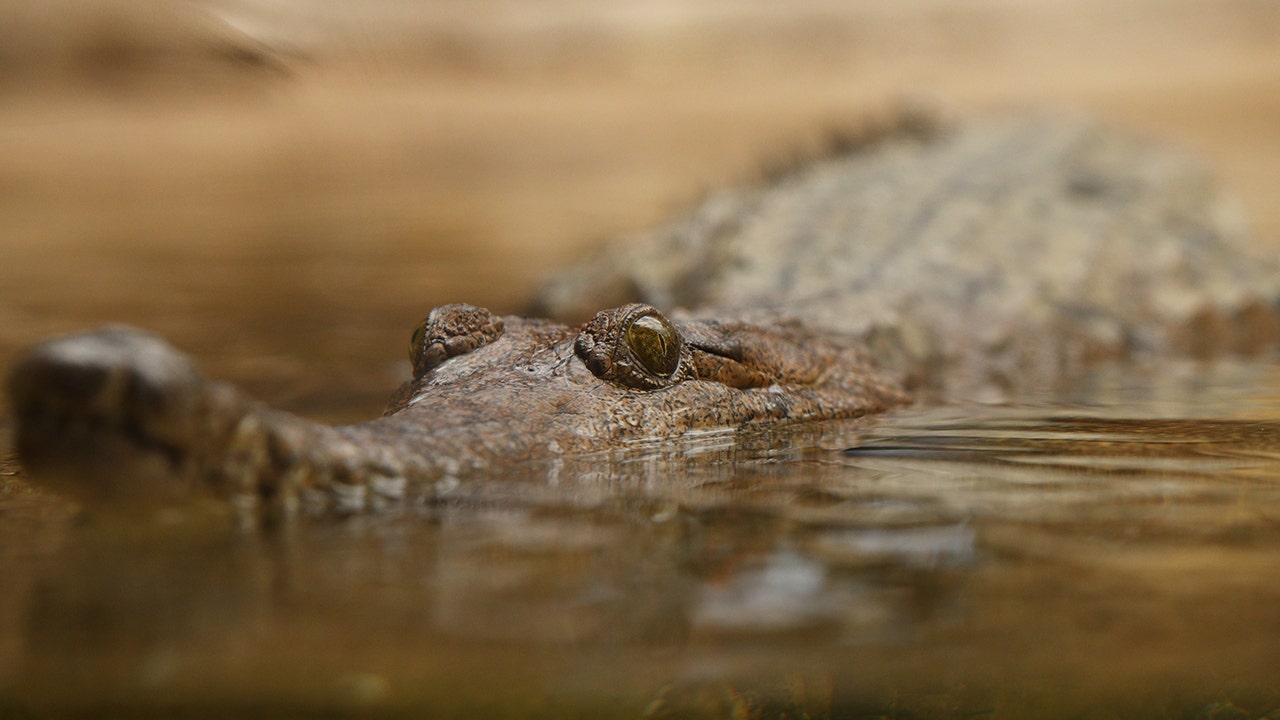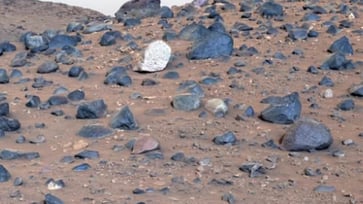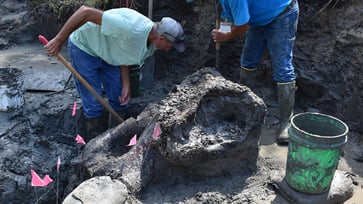Toxic toads are kept from crocodiles with a 'nausea-inducing chemical' bait.
In 1935, cane toads, which are both invasive and poisonous, were introduced to the continent from Hawaii as a method for pest control.

Australian researchers have devised a stomach-churning method for freshwater crocodiles to combat the decline of their population caused by a toxic, invasive toad species.
According to a study published in Royal Society Publishing, the scientists lured the crocodiles with cane toads that had been stripped of their poison, but added a chemical that caused nausea, making the reptiles less likely to eat toads in the future.
Toxic amphibians, brought to tropical Australia from Hawaii as a pest management strategy in 1935, failed to control the invasive toads.
According to Georgia Ward-Fear, a conservation scientist at Macquarie University in Sydney, when crocodiles eat toads, they experience seizures, death is quick and likely painful due to a massive cardiac arrest.

"The study emphasized the importance of conserving apex predators, which have significant ecological roles. In tropical Australia, freshwater crocodile populations (Crocodylus johnstoni) have declined by more than 70% due to ingestion of toxic invasive cane toads."
In 2021, scientists left over 2,300 cane toad carcasses containing a nauseating chemical in parts of northwest Australia where crocodiles hunt. Despite quickly learning to avoid toad baits, the crocodiles continued to consume control (chicken) baits, according to the study.
Crocodile survival was positively impacted by repeated baiting over multiple years.
The research found that the taste aversion technique is based on the broad capacity of animals to learn to steer clear of food that causes nausea.

"The study found that crocodiles with toads in their stomachs often experienced large haemorrhages in their cardiovascular and digestive systems. Toad-poisoned crocodiles were sometimes found still alive, exhibiting symptoms such as muscular seizures, continuous "death rolls" underwater, extreme lethargy, limb paralysis, impaired coordination, and unresponsiveness with a gaping mouth. Despite our efforts, we were unable to save any of these animals."

To prevent the crocodiles from getting sick by eating too much bait, the scientists spread it out.
"According to Ward-Fear, the program was a huge success, with crocodile death rates in the region reduced by up to 95%. It is now being deployed by Indigenous rangers and wildlife management agencies."
science
You might also like
- Lunar modules from the first two moon landings have been captured in stunning detail by Orbiter photos, more than 50 years after the historic missions.
- Discovery of a remarkable mastodon jaw in a New York homeowner's backyard
- NASA resumes communication with Interstellar Voyager 1 after pause.
- In 2055, the asteroid that was once referred to as Earth's "mini moon" will make a return visit.
- A new species of sea slug that resides in the ocean's 'midnight zone' has been discovered with a glowing appearance.



















